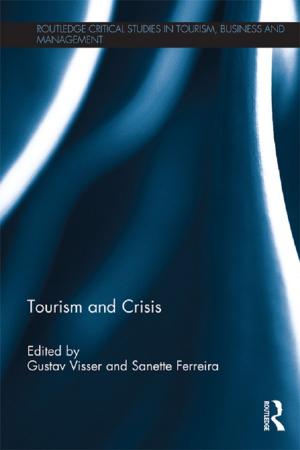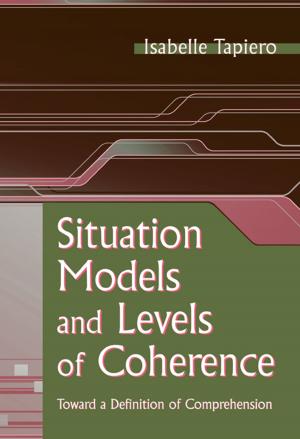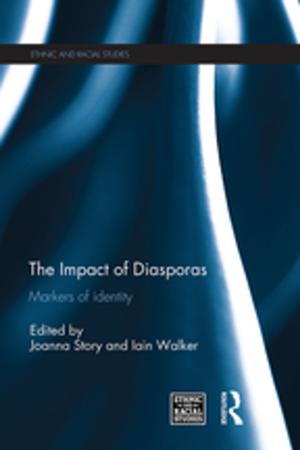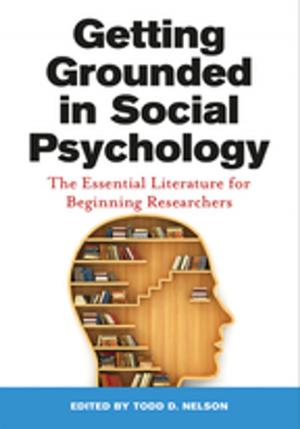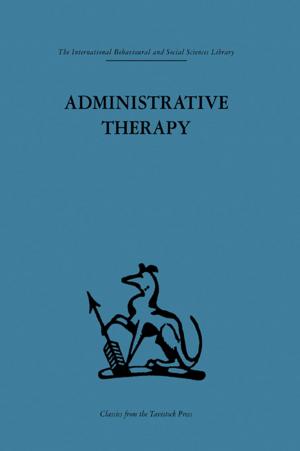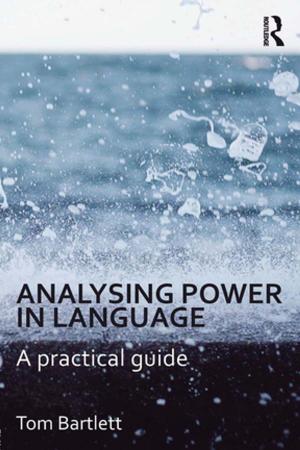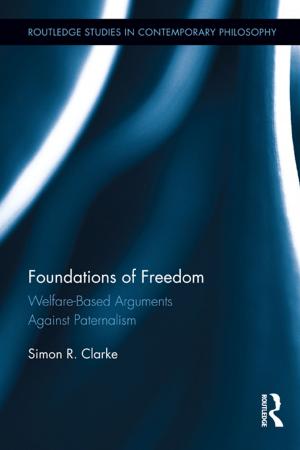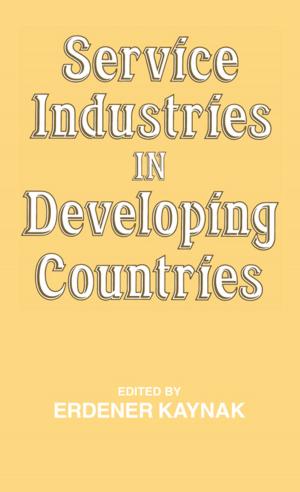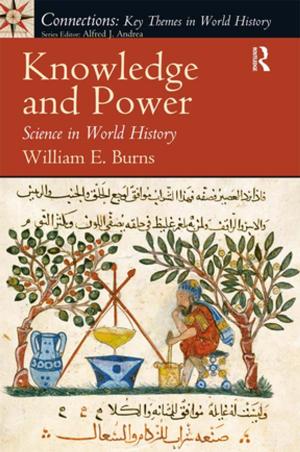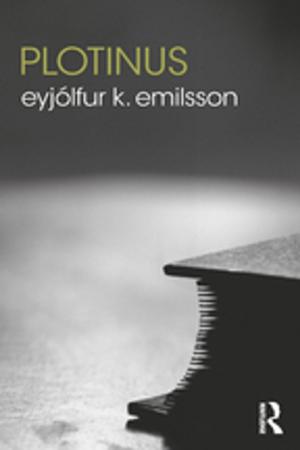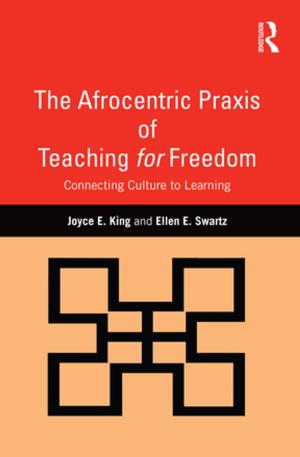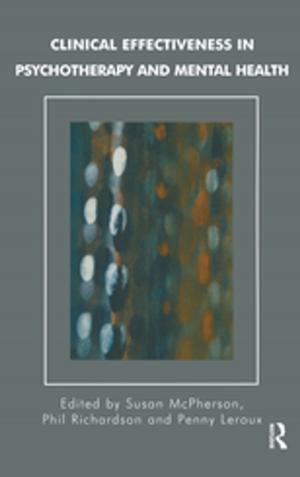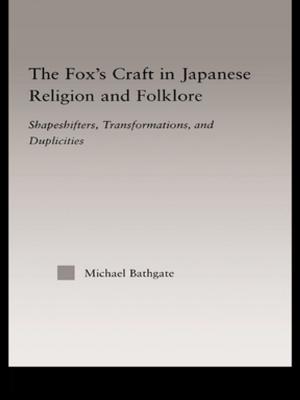Korean Musical Drama: P'ansori and the Making of Tradition in Modernity
Nonfiction, Entertainment, Music, Music Styles, Classical & Opera, Chamber, Theory & Criticism, Ethnomusicology| Author: | Haekyung Um | ISBN: | 9781317108665 |
| Publisher: | Taylor and Francis | Publication: | April 22, 2016 |
| Imprint: | Routledge | Language: | English |
| Author: | Haekyung Um |
| ISBN: | 9781317108665 |
| Publisher: | Taylor and Francis |
| Publication: | April 22, 2016 |
| Imprint: | Routledge |
| Language: | English |
P’ansori is the quintessential traditional Korean musical drama, in which epic tales are sung and narrated by a solo singer accompanied by a drummer. Drawing on her extensive research in Korea and its diasporas, Haekyung Um describes and analyses the creative processes of p’ansori, weaving into her discussion musical, social and cultural aspects that include the evolution of p’ansori performance, origins and historical development, textual and musical materials, stylistic features of different p’ansori schools, transmission of knowledge, aesthetics, and changing interpretations of tradition. Also explored is the complexity of historical and contemporary influences that give shape to p’ansori as a ’living tradition’ across the ages and into the present, and as a cultural icon with an enduring narrative and emotional impact. Social, economic and political dynamics are created in the nexus of traditional feudal values, colonial modernity and nationalism. The impact of aspects of late modernity such as technology, mass media, migration and globalization, has transported p’ansori into digital and transnational domains. By bringing all these creative and contextual processes together, Haekyung Um explains how a tradition is created, maintained and redefined by the dynamic interactions of agents, values, meanings, strategies, identities and artistic hybridity.
P’ansori is the quintessential traditional Korean musical drama, in which epic tales are sung and narrated by a solo singer accompanied by a drummer. Drawing on her extensive research in Korea and its diasporas, Haekyung Um describes and analyses the creative processes of p’ansori, weaving into her discussion musical, social and cultural aspects that include the evolution of p’ansori performance, origins and historical development, textual and musical materials, stylistic features of different p’ansori schools, transmission of knowledge, aesthetics, and changing interpretations of tradition. Also explored is the complexity of historical and contemporary influences that give shape to p’ansori as a ’living tradition’ across the ages and into the present, and as a cultural icon with an enduring narrative and emotional impact. Social, economic and political dynamics are created in the nexus of traditional feudal values, colonial modernity and nationalism. The impact of aspects of late modernity such as technology, mass media, migration and globalization, has transported p’ansori into digital and transnational domains. By bringing all these creative and contextual processes together, Haekyung Um explains how a tradition is created, maintained and redefined by the dynamic interactions of agents, values, meanings, strategies, identities and artistic hybridity.

